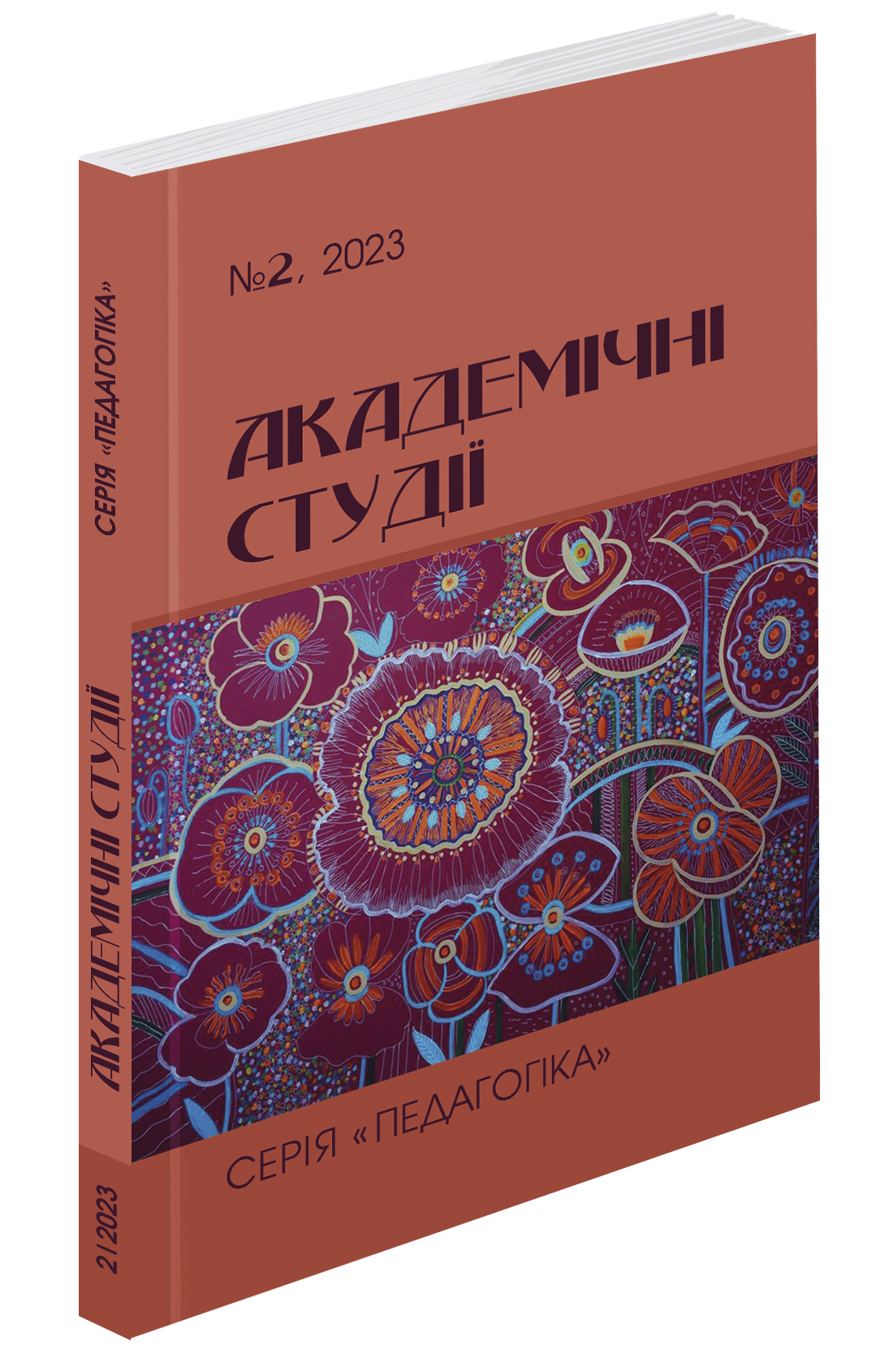Abstract
The research focuses on the problem of the deterioration of the health of the young generation, the increase in the number of patients with cardiovascular, viral, infectious and chronic diseases. The authors note that the rapidly growing level of urbanization, scientific and technical progress and the development of Internet technologies contribute to the "mobility starvation" of the population. To ensure the restoration of psychophysiological capacity and strengthening of emotional and volitional stability, the authors recommend including systematic work on improving the functional state and physical fitness of the body. Special attention is paid to studentship as the final stage of progressive development. The authors believe that it is important to effectively organize work aimed at forming motivation among young people to preserve and strengthen their own health through physical exercises. The problem of forming the motivation of student youth to engage in physical culture and sports is actively studied by researchers. It is noted that modern technology, social networks and gadgets reduce the interest of students in physical culture and sports activities, leading to immobility and deterioration of the star. For students, the main motivational factors for taking part in physical education are a test in this discipline, the desire for physical perfection, achieving a sports result, and satisfying moral needs. However, there is a tendency to decrease motivation with each course, which can be explained by the increase in social roles in adult life and the loss of connection with physical culture as an element of optimizing life processes. To increase the level of student motivation for physical education and sports, the authors propose a set of measures aimed at changing the orientation of the individual, increasing value orientations and identifying students' preferences for certain types of physical education and sports activities using traditional and innovative methods of education and upbringing. The use of game technologies in the educational process of students is one of the strategic vectors for the development of physical culture and sports. Pedagogical activity, aimed at the formation of personality and the organization of personal educational processes, focuses attention on students, transforming knowledge and skills from learning goals to a tool for their professional development and self-improvement.
References
Burk, V. Stabile Strukturen und neue Tendenzen. In Deutscher Olympischer Sportbund (Hrsg.), Spiele der XXX. Olympiade London 2012. Auswertungen und Analysen 2013, S. 21– 23.
Franz, B. China. In Deutscher Olympischer Sportbund (Hrsg.), XXIXX. Olympische Spiele Peking 2008. Analysen – Bilanzen – Auswirkungen 2008, S. 48-51.
Guo, J. Neue Entwicklungen im chinesischen Spitzensport. Unveröffentlichtes Dokument. Peking 2012.
Miao, J. Entwicklung der Sportwissenschaft in China. Weilheim/Teck: Bräuer. 2005.
Miao, J.. Die Sportwissenschaft in China. China Journal. Sport und Gesellschaft in China, o. J. (1), 2006, 21-25.

